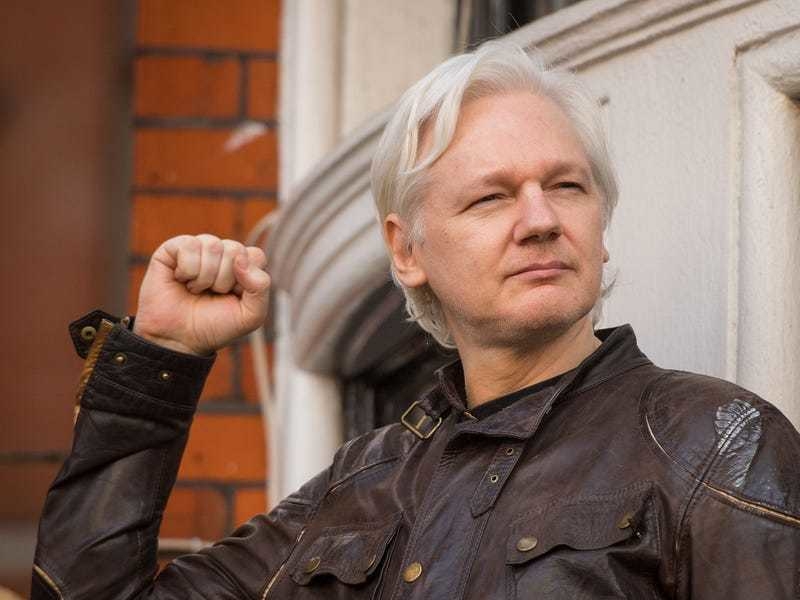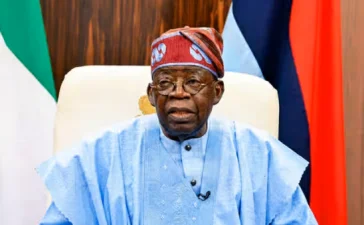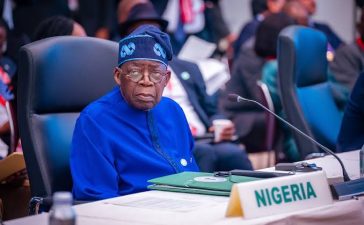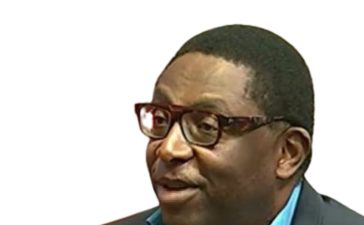Julian Assange, the founder of Wikileaks, has left the United Kingdom after agreeing to a plea deal with the United States that will see him plead guilty to criminal charges and regain his freedom. Assange faced charges of conspiracy to obtain and disclose national defence information, stemming from his involvement in publishing classified documents that exposed various covert activities of the US government.

Assange, who has spent the last five years incarcerated in a British prison, was actively fighting extradition to the US. His legal battle attracted global attention, with supporters arguing that his prosecution was politically motivated and an attack on press freedom.
The plea deal, which was arranged through negotiations between Assange’s legal team and US prosecutors, stipulates that Assange will plead guilty to the charges but will not serve any additional time in US custody. Instead, he will receive credit for the time he has already served in the UK. This arrangement effectively allows Assange to go free, concluding a protracted and highly publicized legal saga.
The finalization of the plea deal is scheduled to take place in a court in the Northern Mariana Islands, a US territory, on Wednesday. The choice of this location is unusual but strategically significant, as it facilitates the legal logistics necessary for Assange’s release without him having to set foot on the US mainland.
The US Justice Department has confirmed that following the court proceedings, Assange is expected to return to his native Australia. This development marks the end of a decade-long ordeal that began when Assange took refuge in the Ecuadorian Embassy in London in 2012 to avoid extradition to Sweden over allegations of sexual misconduct, which he denied and which were eventually dropped.
During his time at the embassy, Assange continued to lead Wikileaks, orchestrating several high-profile releases of sensitive information. In 2019, his asylum was revoked, leading to his arrest by British authorities and subsequent imprisonment.
Assange’s case has been a focal point in debates over government transparency, whistleblower protections, and the limits of investigative journalism. His release is expected to reignite discussions about these issues, particularly concerning the balance between national security and the public’s right to know.
As Assange prepares to return to Australia, his supporters worldwide view this outcome as a victory for press freedom, while his critics remain concerned about the implications of his actions for national security. The resolution of his case, however, brings to a close one of the most contentious legal battles in recent history.
Source: CNN







